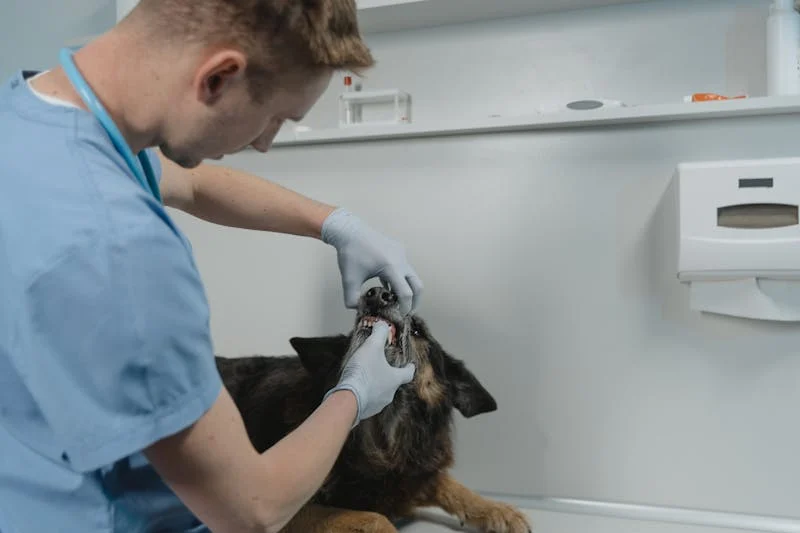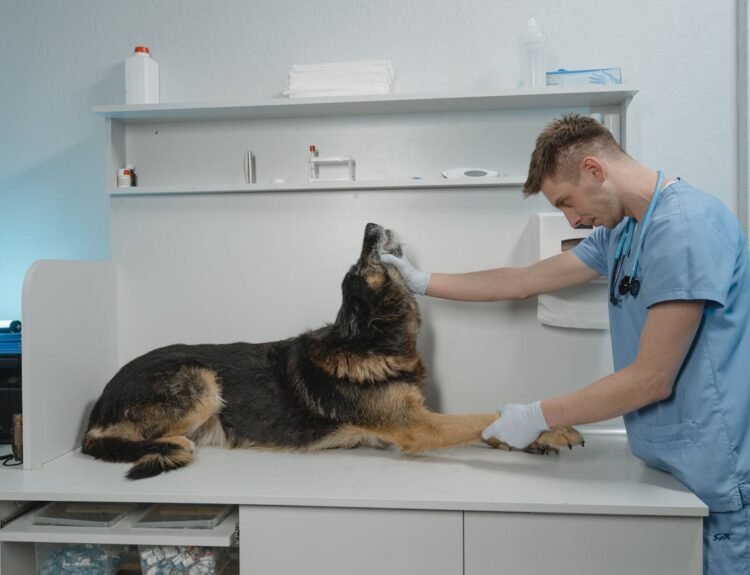Pet owners know that keeping their cats and dogs healthy is a top priority. While regular check-ups, vaccinations, and a good diet are essential, dental care is often overlooked—until problems arise. Pet insurance can help cover unexpected medical costs, but does it include dental coverage?
In this guide, we’ll break down everything you need to know about pet dental insurance, including:
✔ What’s typically covered under pet insurance plans
✔ The difference between accidental injury and routine dental care
✔ How to find the best pet insurance for dental work
✔ Tips for maintaining your pet’s oral health
By the end, you’ll have a clear understanding of how pet insurance can help with dental care and what to look for in a policy.
1. Does Pet Insurance Cover Dental Care?
The short answer: Yes, but it depends on the plan.
Most pet insurance policies cover dental treatments, but the extent of coverage varies. Here’s what you need to know:
What’s Usually Covered?
- Accidental dental injuries (e.g., broken teeth from chewing hard objects)
- Tooth extractions due to disease or trauma
- Oral surgeries (e.g., abscesses, fractures)
- Gingivitis and periodontal disease treatments (in some plans)
What’s Usually NOT Covered?
- Routine dental cleanings (unless you have a wellness add-on)
- Pre-existing dental conditions
- Cosmetic procedures (e.g., teeth whitening for pets)
Key Takeaway: Basic pet insurance often covers emergency dental issues, but preventive care usually requires an additional wellness plan.
2. Types of Pet Dental Coverage
Not all pet insurance plans are the same. Here are the main types of dental coverage available:
A. Accident-Only Plans
- Covers dental injuries (e.g., broken teeth from accidents)
- Does not cover illnesses like gum disease
- Best for pet owners on a tight budget
B. Comprehensive Illness & Accident Plans
- Covers dental diseases (e.g., infections, extractions)
- May include periodontal disease treatment
- More expensive but offers broader protection
C. Wellness Add-Ons (Preventive Care)
- Covers routine dental cleanings
- Includes teeth brushing, exams, and fluoride treatments
- Requires an extra monthly fee
Best Option? If you want full dental coverage, a comprehensive plan + wellness add-on is ideal.
3. How to Find the Best Pet Insurance for Dental Care
Not all providers offer the same dental benefits. Here’s what to look for:
✔ Compare Coverage Limits
- Some plans cap dental claims (e.g., $1,000 per year)
- Look for unlimited annual coverage if possible
✔ Check Waiting Periods
- Most insurers have a waiting period (e.g., 6 months for dental illness)
- Accident coverage may start sooner (e.g., 48 hours)
✔ Read the Fine Print on Exclusions
- Pre-existing conditions are almost never covered
- Some breeds (e.g., small dogs prone to dental issues) may have restrictions
✔ Look for Direct Vet Pay Options
- Some insurers pay vets directly, so you don’t have to wait for reimbursement
Top Pet Insurance Companies for Dental Coverage:
- Healthy Paws (great for emergencies)
- Nationwide (covers cleanings with wellness plan)
- Trupanion (no payout limits)
- Embrace (good for illness & accidents)
4. Why Pet Dental Care Matters
Even with insurance, prevention is key. Poor oral health can lead to:
- Tooth loss & pain
- Heart, liver, and kidney disease (from bacteria entering the bloodstream)
- Expensive vet bills (dental surgeries can cost 500–500–3,000!)
How to Keep Your Pet’s Teeth Healthy
✅ Brush their teeth regularly (use pet-safe toothpaste)
✅ Provide dental chews and toys
✅ Schedule annual dental check-ups
✅ Consider professional cleanings if needed
5. Final Verdict: Is Pet Dental Insurance Worth It?
Yes, if:
- Your pet is prone to dental issues (e.g., small breeds like Chihuahuas)
- You want coverage for emergency dental surgeries
- You’re willing to pay extra for routine cleanings
No, if:
- Your pet already has pre-existing dental problems
- You can afford out-of-pocket cleanings (~200–200–400/year)
Conclusion: Protect Your Pet’s Smile!
Pet insurance can be a lifesaver when it comes to dental care, but not all plans are equal. If you want full coverage, opt for a comprehensive plan with a wellness add-on. Otherwise, an accident-only policy can still help with emergencies.
The best way to avoid costly dental problems? Preventive care! Brush your pet’s teeth, provide chew toys, and schedule regular vet visits.









